Ever had to prepare for a big presentation? Plan out directions for yourself or others? Thought about approaching your boss to request a raise? Prepared for a difficult conversation with someone?
In all these cases, the effectiveness of what you do is improved if you engage in mental rehearsal beforehand. Rehearsal has many meanings. It’s often associated with music, but rehearsal in a cognitive sense means going over something in your head before you engage in the activity. It’s a powerful and essential element of readiness.
Rehearsal begins by breaking down an activity into a series of parts, elements, or steps. This can be done on paper or in one’s head. The next step is to engage in a cognitive process to walk through everything that’s involved in completing the activity. The key skill is to evaluate at each step whether this is the best way to go about completing the task and then make changes based on your evaluation. Sometimes, the evaluation of one step leads to a reworking of previous steps. This process should continue until you believe you have the best sequence possible to achieve your goal.
The next and final step in mental rehearsing is to run through the sequence several times, allowing for breaks in between each run-through. For example, if you are going somewhere or directing others (and your GPS won’t get you there), you might write down the directions, review them against other possible routes, note potential obstacles or places where you might get confused or lost, and then go over the directions a couple of times with a few minutes break in between each review before finalizing your route or sharing it with others.
For a presentation, it may not be necessary or even valuable to memorize everything you’re going to say. Instead, first work out the flow of the presentation and the most important points you want to make. Mental rehearsal can even allow you to visualize audience reactions and develop potential responses to different kinds of reactions.
When preparing to speak with someone about something important, rehearsing allows you to solidify your “message” and helps you to keep “on message,” particularly if things start to get stressful. You can also rehearse a strategy for bringing the conversation to a close if things are not going well. Rehearsal lets you visualize a conversation in which you are achieving your goals.
Rehearsal is a key skill for living a ready life, one in which you’re prepared for whatever challenges you may face, one in which you can achieve your goals. Being ready enhances your confidence, lets you use your full skill set, and helps keep you focused.



